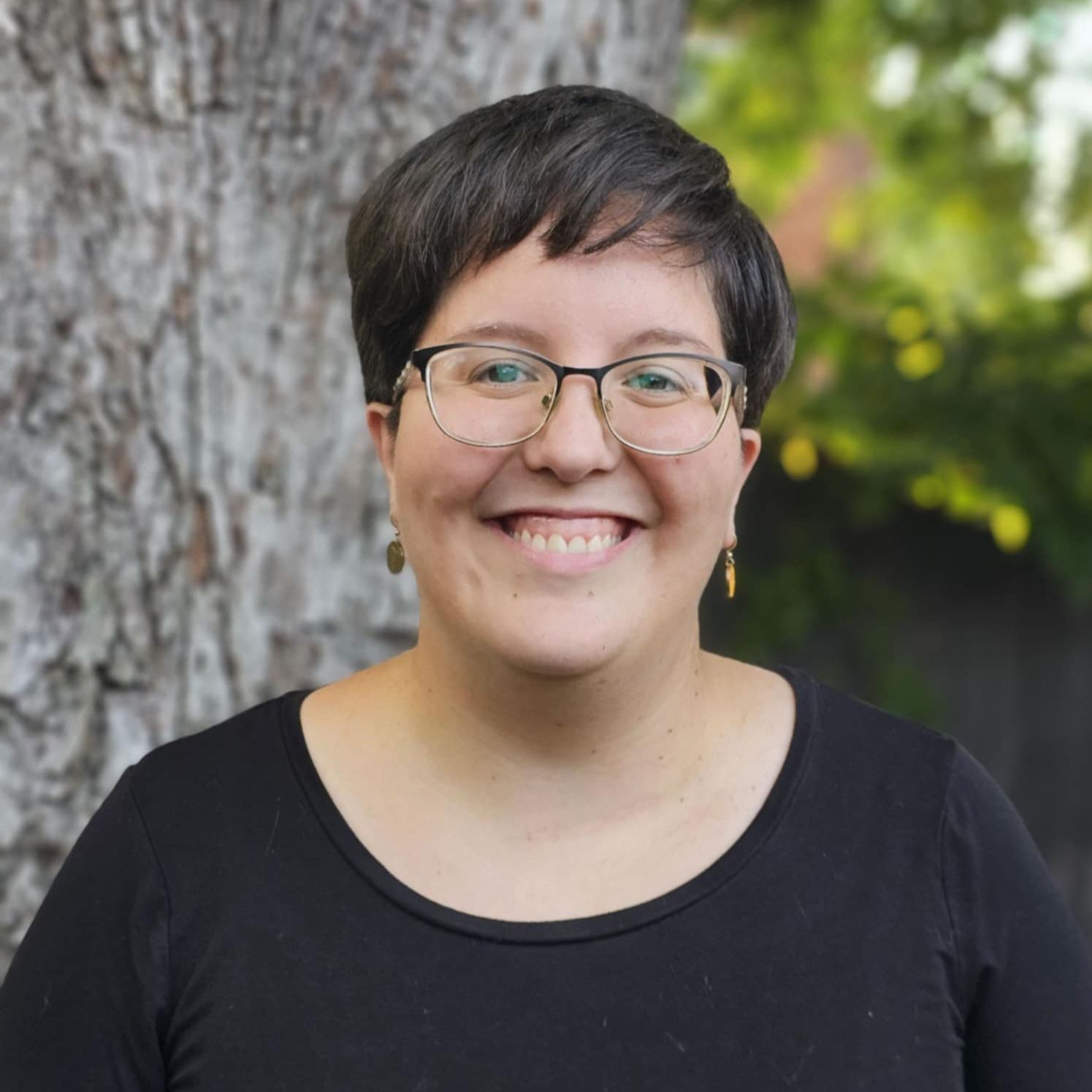Meet Sheila
(she, her, hers)
Dr. Sheila Maynard (She/Hers) is a Deaf Psychology Associate based in Washington, D.C. She believes that clients know themselves best and that the therapist should meet them where they are. Her strengths-based approach is trauma-informed and neurodiversity-affirming, with the goal that clients feel safe, respected, and understood. Her values include providing communication access, transparency, and fostering self-advocacy to ensure that clients are an informed and active part of their therapeutic journey.
Sheila has five years of experience working with children, adolescents, families, and adults. Her expertise lies in addressing challenges related to depression, anxiety, and trauma and navigating identity development and life changes. She provides client-centered care, intending to support a collaborative therapeutic space tailored to each client's needs.
Sheila is currently accepting clients from District of Columbia (DC) and Maryland.
SPECIALTIES
Sheila is trained in several evidence-based treatments, including Trauma-Focused Cognitive Behavioral Therapy (TF-CBT), Parent-Child Interaction Therapy (PCIT), and Sensory Motor Arousal Regulation Treatment (SMART). Sheila also uses Dialectical Behavior Therapy (DBT) and Cognitive Behavioral Therapy (CBT) techniques into her work.
EDUCATION
- Doctor of Philosophy in Clinical Psychology (APA Accredited), Gallaudet University, Washington, DC
- Master of Art in Clinical Psychology, Gallaudet University, Washington, DC
- Bachelor of Science in Psychology (Magna Cum Laude Honors), Rochester Institute of Technology
Dissertation: Clinician's Experiences and Understanding of Identifying Help-Seeking Behaviors in Caregivers of Deaf and Hard of Hearing Youth who Experienced Trauma, expected 2024.


